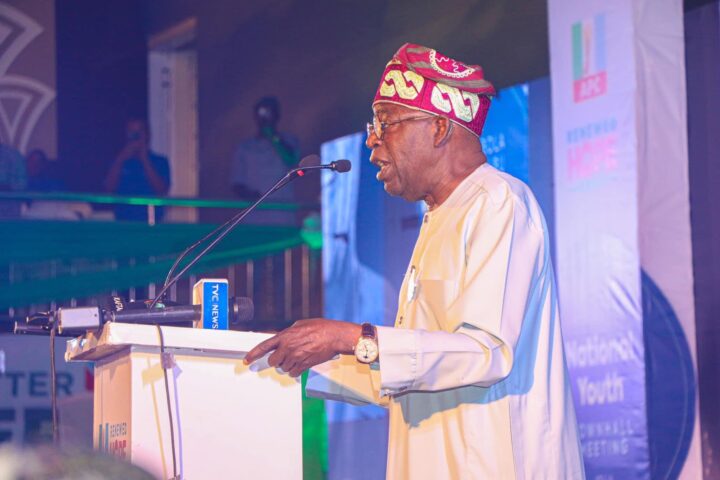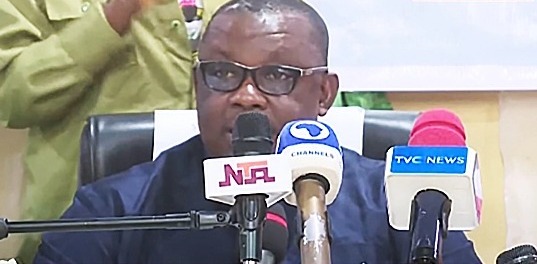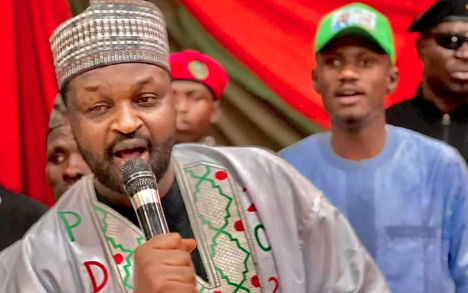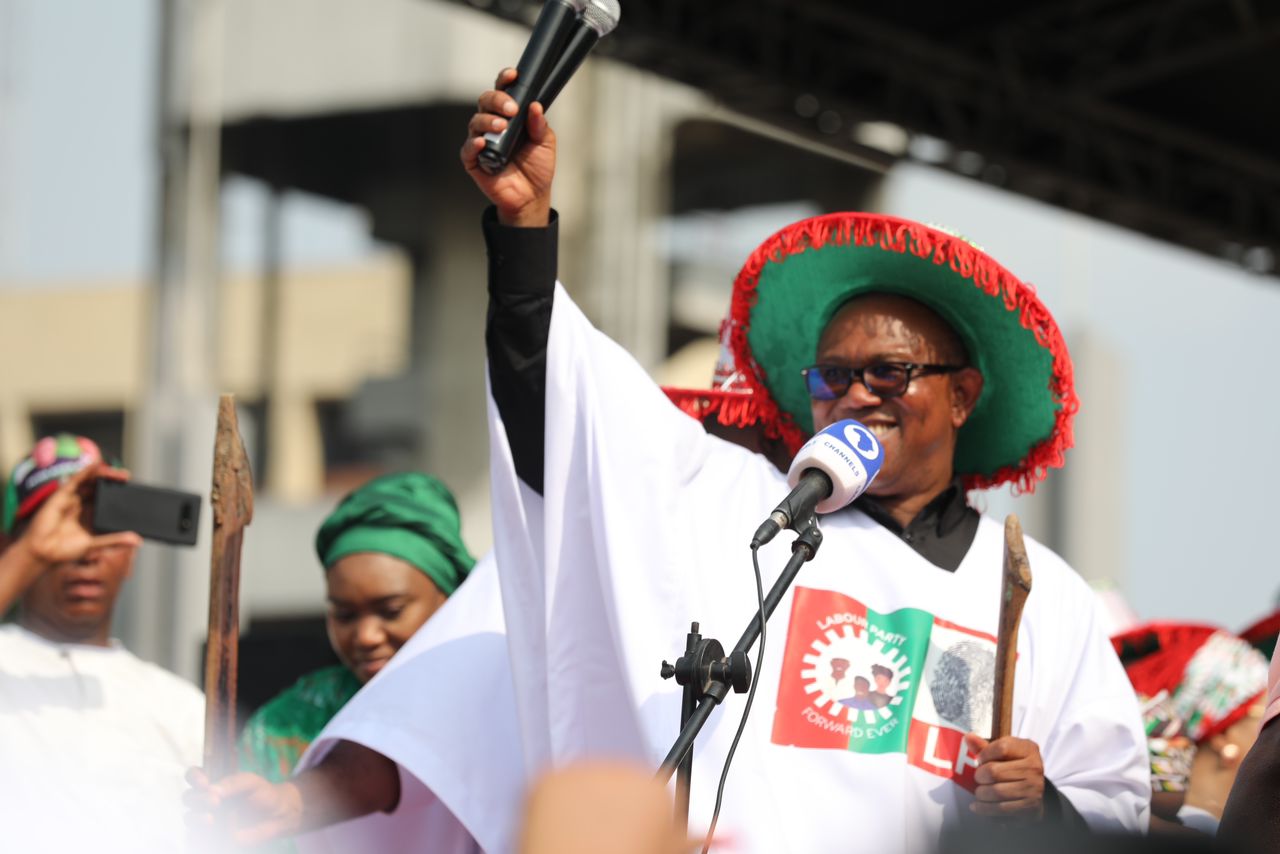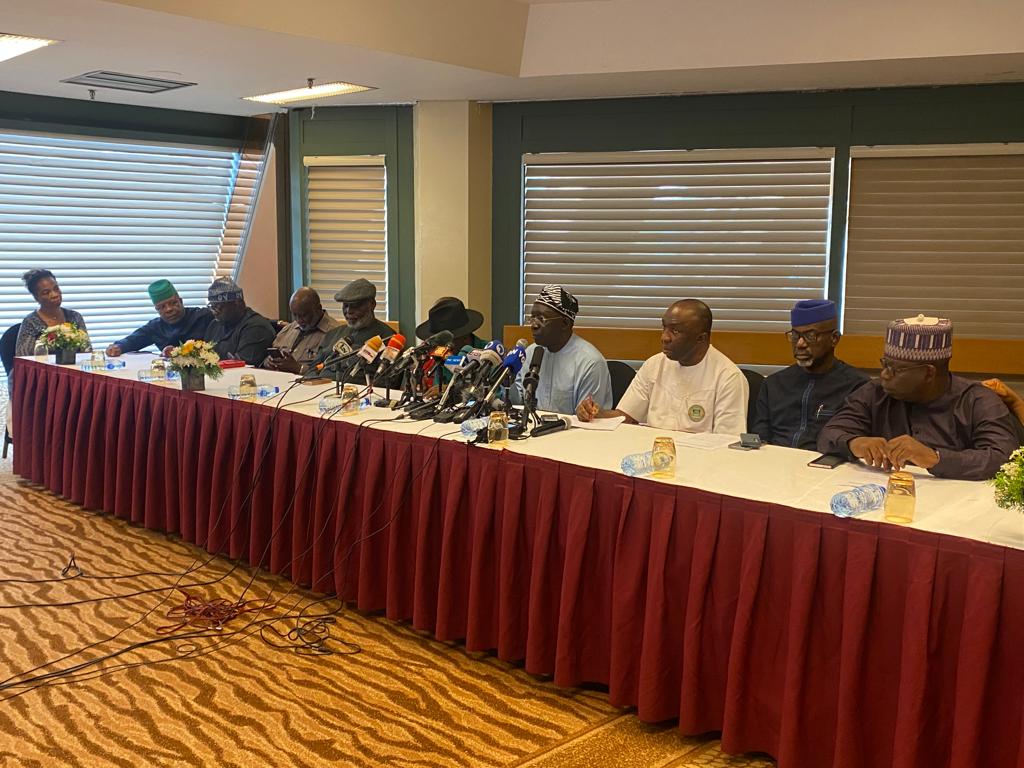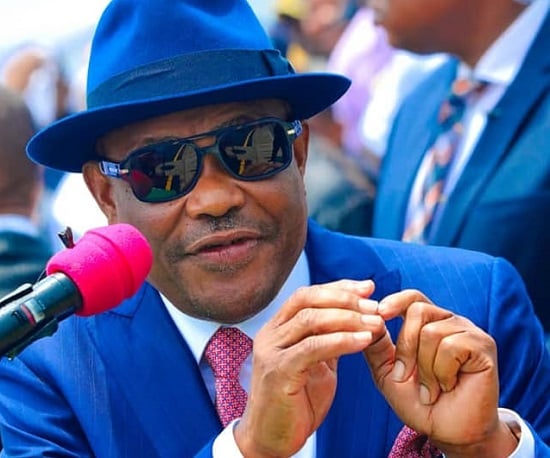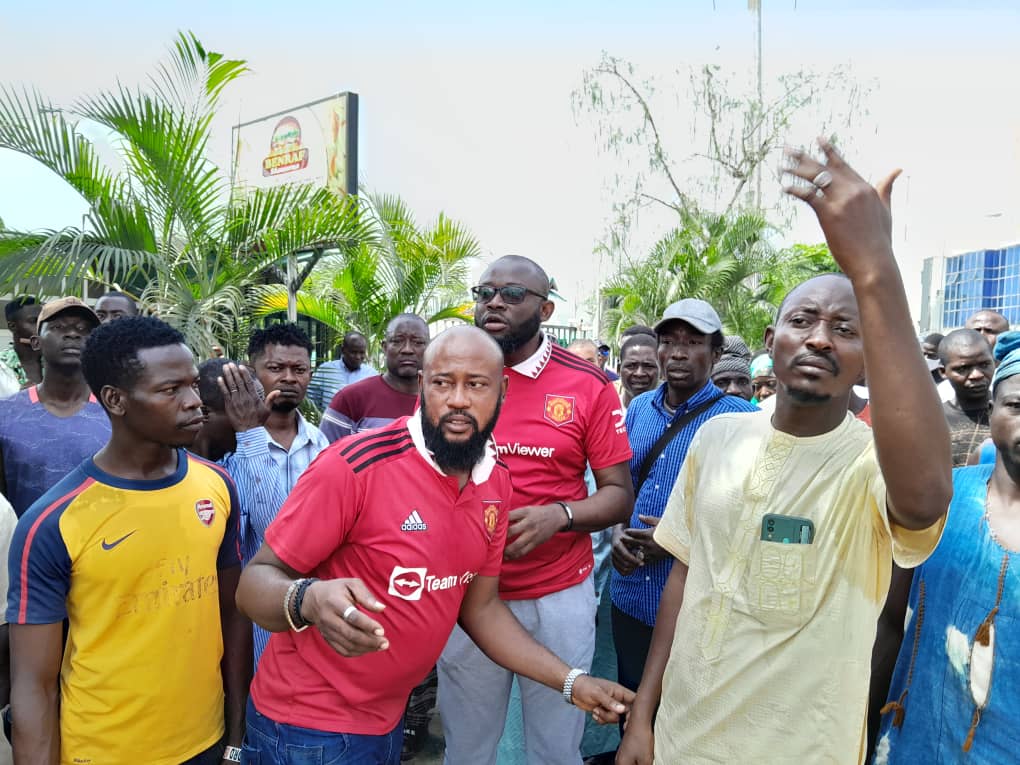The moment many Nigerians dread is now here — that the 2023 presidential election may face a constitutional crisis.
With most of the results of Saturday’s poll in, TheCable projects that Ahmed Bola Tinubu of the All Progressives Congress (APC) will end up with the highest number of valid votes.
Tinubu is also set to meet the threshold of scoring at least 25 percent of valid votes in at least 24 states of the federation.
But here is the catch — the 1999 Constitution says 24 states AND the Federal Capital Territory (FCT). This has led to different interpretations.
Advertisement
In 1979, Shehu Shagari faced a similar scenario when he scored 25 percent in 12 of the 19 states of the federation at the time.
With the 1979 Constitution requiring him to score at least 25 percent in two-thirds of the states, a crisis ensured over what should be considered as two-thirds of 19 states: 12 or 13?
The supreme court concluded that it would be “12 two-thirds” — meaning 25 percent in 12 states and 25 percent of two-thirds of a 13th state.
Advertisement
Shagari automatically met the requirement — but the opposition cried foul.
Now that the result of FCT has been announced, APC had just 19.8 percent and PDP 16.1 percent, compared to Labour Party’s 61 percent.
WHAT DOES THE CONSTITUTION SAY EXACTLY?
Section 134 (2) says: “A candidate for an election to the office of President shall be deemed to have been duly elected where, there being more than two candidates for the election: (a) he has the highest number of votes cast at the election; and (b) he has not less than one-quarter of the votes cast at the election in each of at least two-thirds of all the States in the Federation and the Federal Capital Territory, Abuja.
Advertisement
“(3) In a default of a candidate duly elected in accordance with subsection (2) of this section their shall be a second election in accordance with subsection (4) of this section at which the only candidates shall be (a) the candidate who scored the highest number of votes at any election held in accordance with the said subsection (2) of this section; and (b) one among the remaining candidates who has a majority of votes in the highest number of States, so however that where there are more than one candidate with majority of votes in the highest number of States, the candidate among them with the highest total of votes cast at the election shall be the second candidate for the election.”
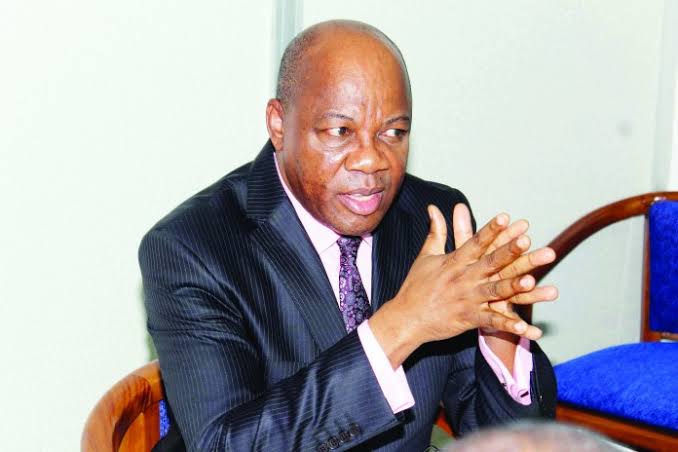
AGBAKOBA: PROVISION FOR RUNOFF CONFUSING
Olisa Agbakoba, a senior lawyer, was the first to point out this tricky constitutional provision in a letter he wrote to the Independent National Electoral Commission (INEC) early in January 2023.
Although commending INEC for a “great job to ensure free, fair, verifiable, credible and transparent elections”, Agbakoba said the clarification was needed.
Advertisement
“I am a little worried,” he said.
“I reviewed section 134 carefully, specifically, subsections 134 (1) (b) and (2) (b), and wondered if “two-thirds of all the States in the federation and the federal capital territory, Abuja” means either of the following:
Advertisement
“a) that a presidential candidate must score not less than one-quarter of the votes cast at the election in each of at least two-thirds of all the States in the Federation which means 24 states, the 24 States will include the federal capital territory Abuja as a “state”, or
“b) that a presidential candidate must score not less than one-quarter of the votes cast at the election in each of at least two-thirds of all the states in the federation which means 24 states and in addition to meeting the one-quarter requirement in 24 states, a candidate must also win one-quarter of the votes cast in the federal capital territory, Abuja.
Advertisement
“In this sense, a presidential candidate must have one-quarter of the votes cast in the federal capital territory, Abuja, in addition to scoring not less than one-quarter of the votes cast at the election in 24 States of the Federation, to be duly elected.”
The former president of the Nigerian Bar Association (NBA) added that there are three major questions arising from his interpretation.
Advertisement
He said: “(1) Is the requirement that a presidential candidate must score not less than one-quarter of the votes cast at the election in each of at least two-thirds of the 36 States of the Federation; does this mean that the Federal Capital Territory, Abuja is incorporated in the 24 States?
“(2) Is the requirement that a presidential candidate must score not less than one-quarter of the votes cast at the election in each of at least two-thirds of the 36 States of the Federation; does it mean that the presidential candidate must also score not less than one-quarter of the votes cast at the election at the Federal Capital Territory, Abuja?
“(3) Can a candidate that scored not less than one-quarter of the votes cast at the election in 36 States of the Federation but fails to score one-quarter of the votes cast at the election at the Federal Capital Territory, be duly elected as President of Nigeria?
“To be honest, I am not quite sure of the right answers to my questions. I just thought to bring this to your attention as something you might wish to clarify to the public.”
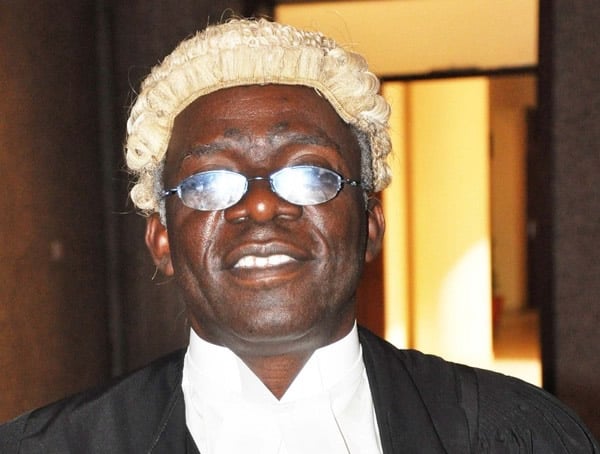
FALANA: NO, RUNOFF NOT NECESSARY
Femi Falana, a senior lawyer, does not expect a runoff.
In an interview with Channels TV in January 2023, he said: “It is not a requirement that you must win the FCT.
“Today, the courts have ruled that pursuant to Section 299 of the constitution, that the FCT should be treated as a state. That is the law.
“You don’t have to win the FCT; if you meet the requirement; that is two-thirds of the majority of states in the country. You don’t have to win the FCT.”
Section 299 of the constitution says: “The provisions of this Constitution shall apply to the Federal Capital Territory, Abuja as if it were one of the States of the Federation.”
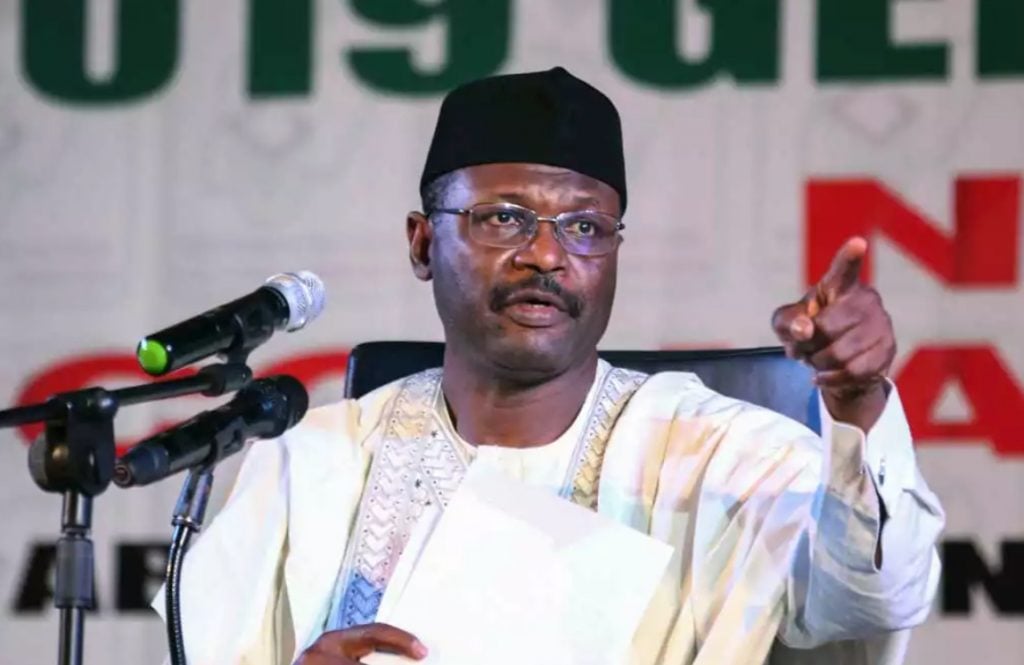
WHAT NEXT FOR INEC?
What INEC does next will be most intriguing.
Will the umpire declare the winner and expect the opponents to go to court for interpretation — in this case the federal court of appeal being the court of first instance?
Or will the electoral commission itself approach the court for interpretation before declaring a winner?
Or will INEC declare the election as inconclusive and organise a second election within seven days as also provided for under section 134 (3), which says: “In a default of a candidate duly elected in accordance with subsection (2) of this section their shall be a second election in accordance with subsection (4) of this section at which the only candidates shall be (a) the candidate who scored the highest number of votes at any election held in accordance with the said subsection (2) of this section; and (b) one among the remaining candidates who has a majority of votes in the highest number of States, so however that where there are more than one candidate with majority of votes in the highest number of States, the candidate among them with the highest total of votes cast at the election shall be the second candidate for the election.”
Whatever option is chosen, there is a lot of drama ahead.
Editor’s note: This story has been edited to correct the speculation on who could be Tinubu’s opponent in a potential runoff.
Add a comment
